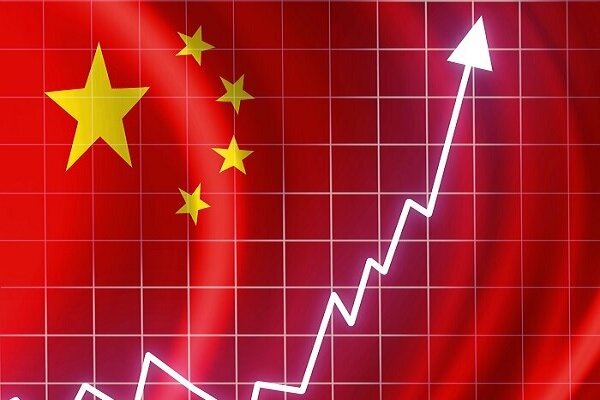
Similar Posts
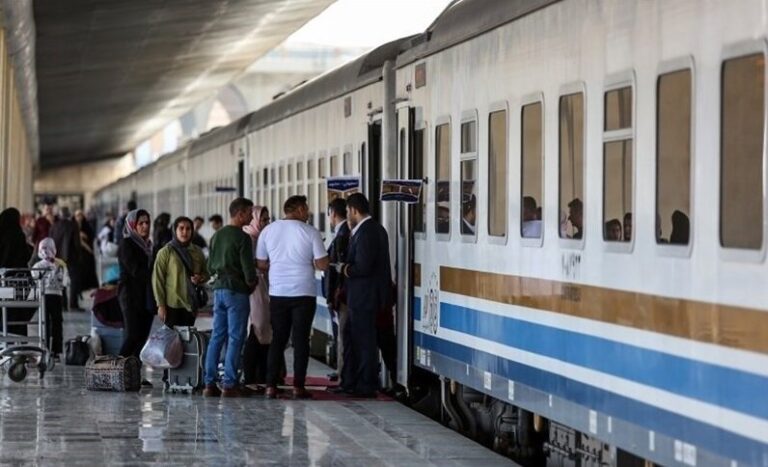
Iran’s Railroad Revolution: Massive Investments Transforming the Sector
Iran’s transportation sector has taken a significant step forward with the signing of two memoranda of understanding (MoUs) in Tehran, aimed at expanding railroad capabilities. The agreements, witnessed by Roads and Urban Development Minister Farzaneh Sadegh, showcase a strong commitment from the private sector to invest over 640,000 billion rials in modernizing the rail fleet, including 2,000 passenger cars and cargo wagons. Notably, one private company will invest 30,000 billion rials for 650 freight wagons. Additionally, a $6.4 billion investment plan aims to enhance the rail fleet and infrastructure, signaling a promising future for Iran’s rail transport and economic growth.
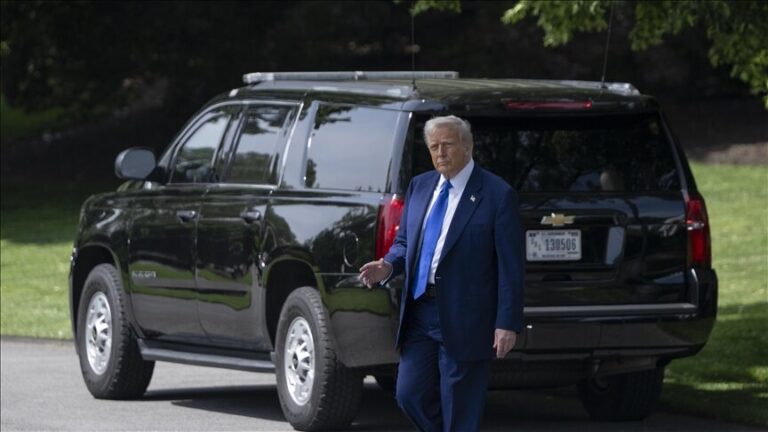
US Proposes $1.45 Billion Arms Deal with UAE: Congress Notification Sparks International Interest
The U.S. and UAE have strengthened military ties through significant defense agreements. The Defense Security Cooperation Agency announced a $1.32 billion sale of six CH-47F Block II Chinook helicopters and support equipment, enhancing UAE’s defense capabilities and aligning with U.S. strategic interests. Additionally, a proposed $130 million sale focuses on F-16 sustainment and spare parts, improving the operational readiness of the UAE’s fleet. These agreements highlight the U.S. commitment to regional stability and the UAE’s role as a crucial ally, particularly amid ongoing geopolitical tensions. The deals coincide with former President Trump’s Middle East trip, emphasizing security collaboration.

Tehran to Implement 12-Hour Water Cut for High Users Amid Ignored Warnings
Tehran is enforcing significant water supply cuts for residents with excessive consumption due to a severe water crisis exacerbated by five consecutive years of drought. Authorities aim to reduce usage among the 5% of high consumers, particularly in wealthier districts, implementing 12-hour cuts for those ignoring conservation warnings. As summer approaches, critical water levels heighten the urgency for effective management. Protests have erupted in central Iran over water shortages, highlighting public dissatisfaction. Officials emphasize the need for sustainable practices and collaboration to navigate these challenges and ensure adequate water resources for Tehran’s population.
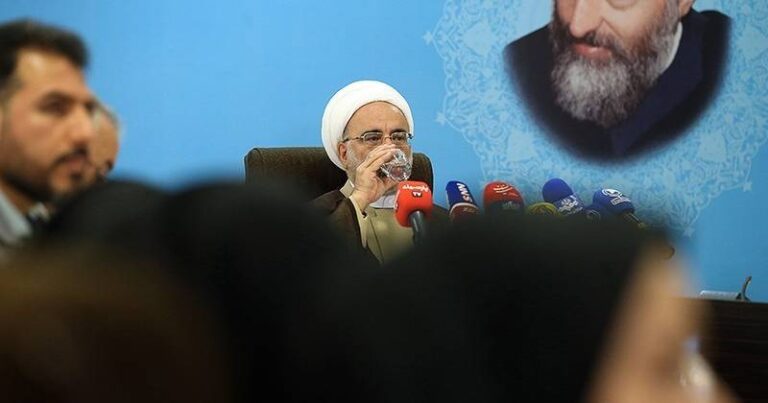
Corruption Scandal: Sons of Iran’s Former Judiciary Official Sentenced to 25+ Years in Prison
The sentencing of Amir-Hossein and Mohammad-Sadegh Mosaddegh, sons of a former Iranian judiciary official, has spotlighted pervasive corruption in Iran. Amir-Hossein received 17 years and 9 months for bribery and influence peddling, while Mohammad-Sadegh was sentenced to eight years for abuse of office and money laundering. Their father, Mohammad Mosaddegh Kahanmouei, resigned after the allegations surfaced. The case encompasses 21 suspects and involves significant financial deals, raising public outcry for accountability and reform within the judiciary. The incident reflects a broader trend of corruption, with Iran ranking low on Transparency International’s Corruption Perceptions Index, emphasizing the urgent need for systemic change.
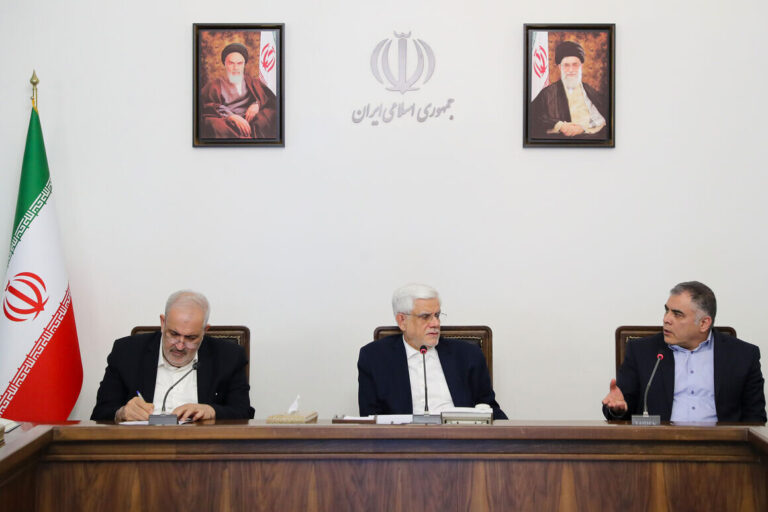
Iran Sets Ambitious Goals to Transform into Regional Energy Hub, Says Vice President
Iran is striving to become a key energy exchange hub to enhance its regional influence, as part of the Seventh Five-Year Development Plan (2024-28). At the inaugural meeting of the Regional Energy Trade Strategic Committee, officials underscored the plan’s goals: addressing energy imbalances, reducing industry losses, and strengthening Iran’s market position. Oil Minister Mohsen Paknejad highlighted energy swap agreements with neighboring countries as crucial for balancing supply and fostering cooperation. The committee, established within six months of the relevant law, will oversee policies and contracts to optimize energy management, targeting significant gas exports and electricity exchanges annually.
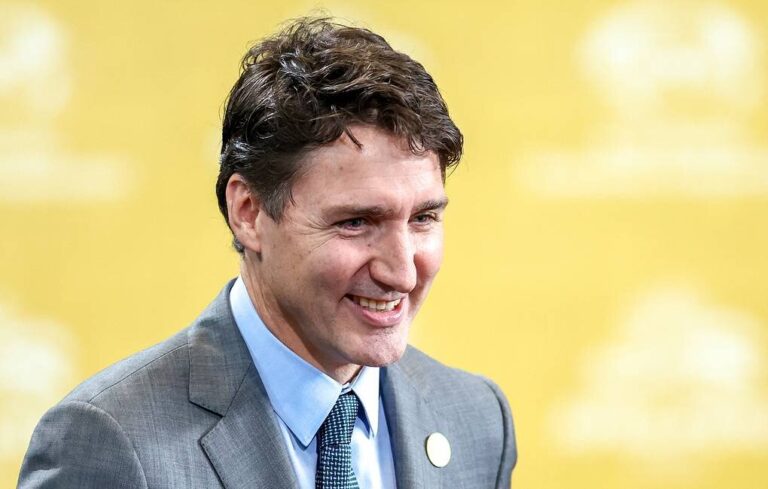
Trudeau Vows Strong Retaliation Against US Tariffs: Canada’s Bold Response
Prime Minister Justin Trudeau announced that Canada will impose retaliatory tariffs on $155 billion worth of American goods in response to recent U.S. trade actions. The initial phase includes 25% tariffs on approximately $30 billion worth of U.S. products starting Tuesday, with additional tariffs on $125 billion to follow in three weeks. Canada is also considering non-tariff measures targeting critical minerals and energy sectors. This move escalates tensions following U.S. President Trump’s executive order imposing duties on Canadian energy products. The tariffs are expected to disrupt supply chains and raise prices, affecting both nations’ economies and trade dynamics.